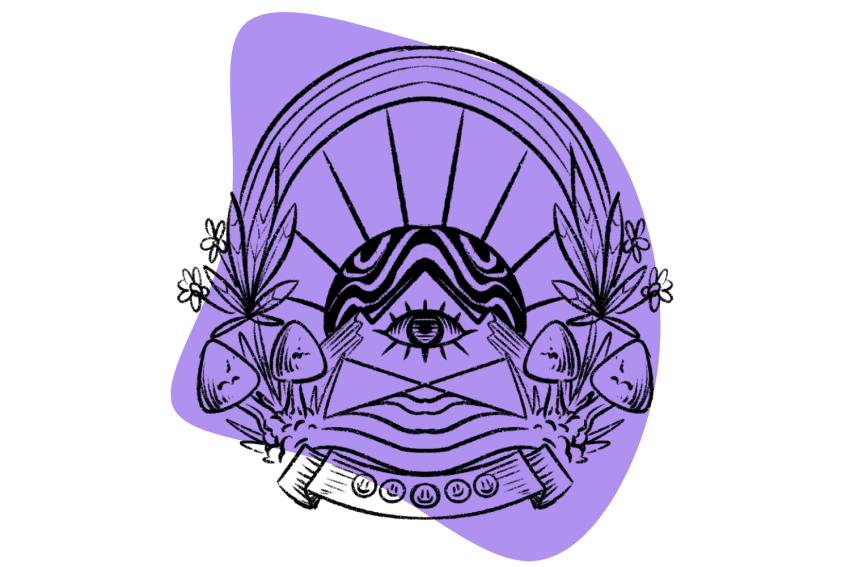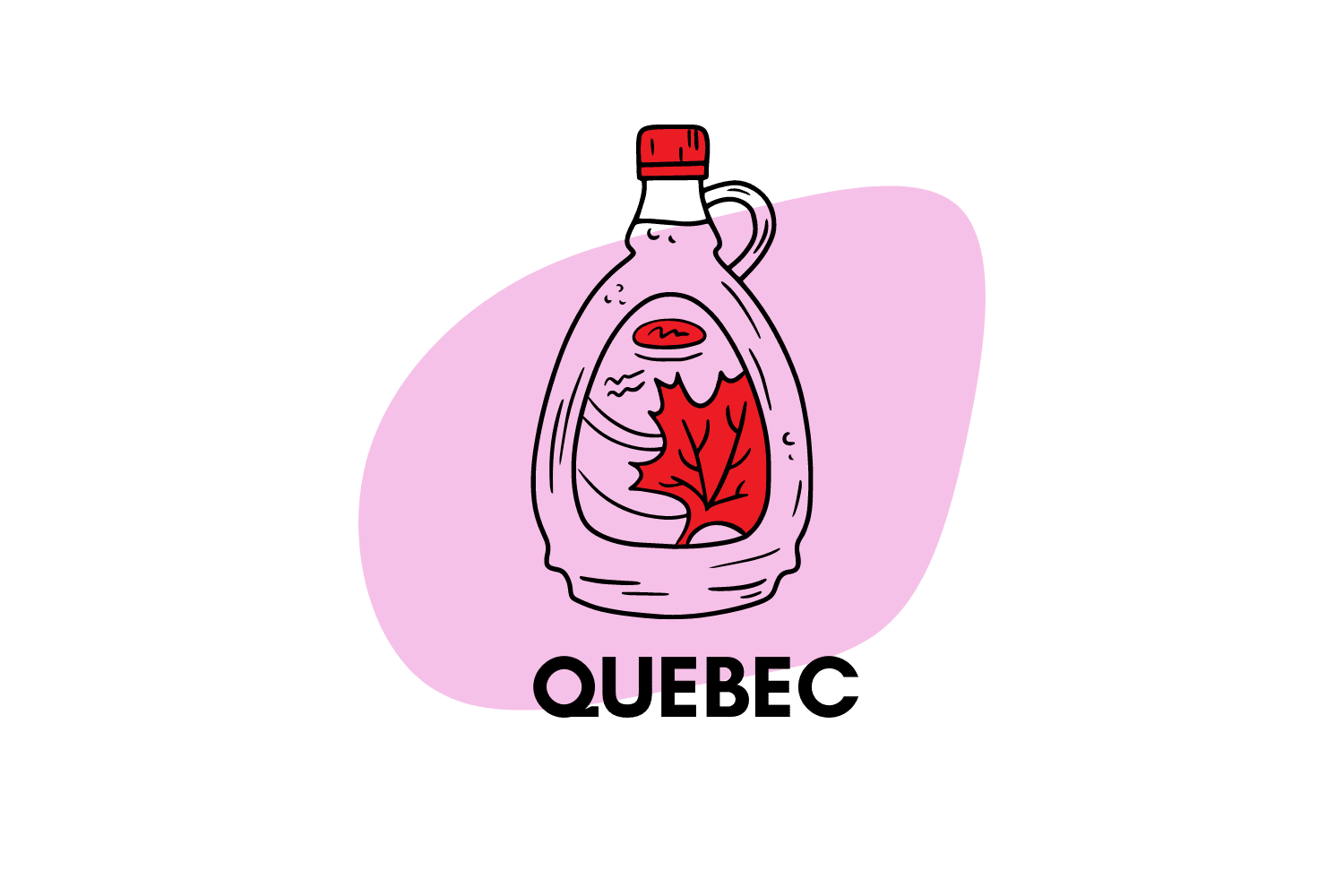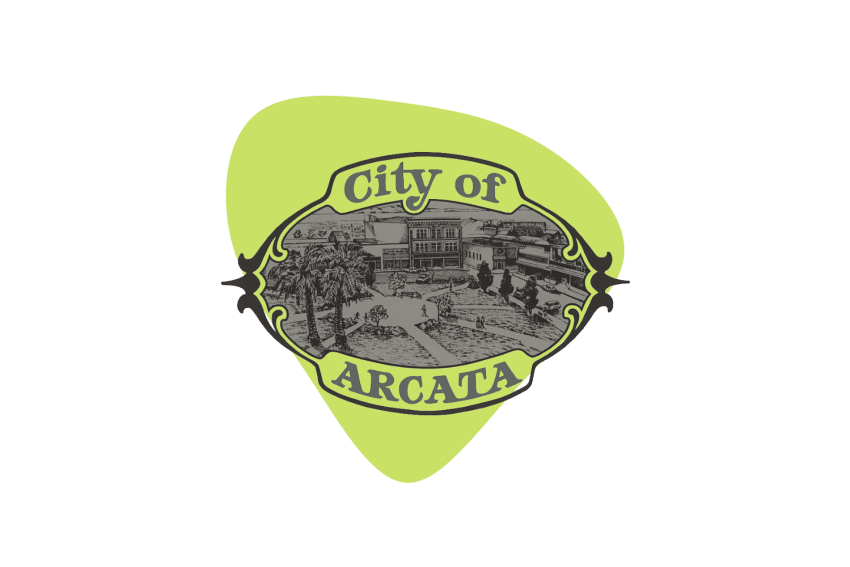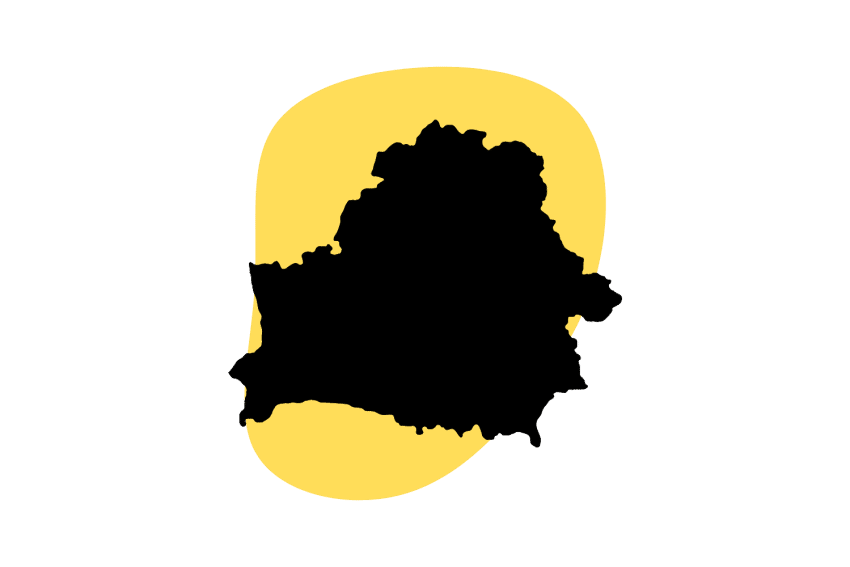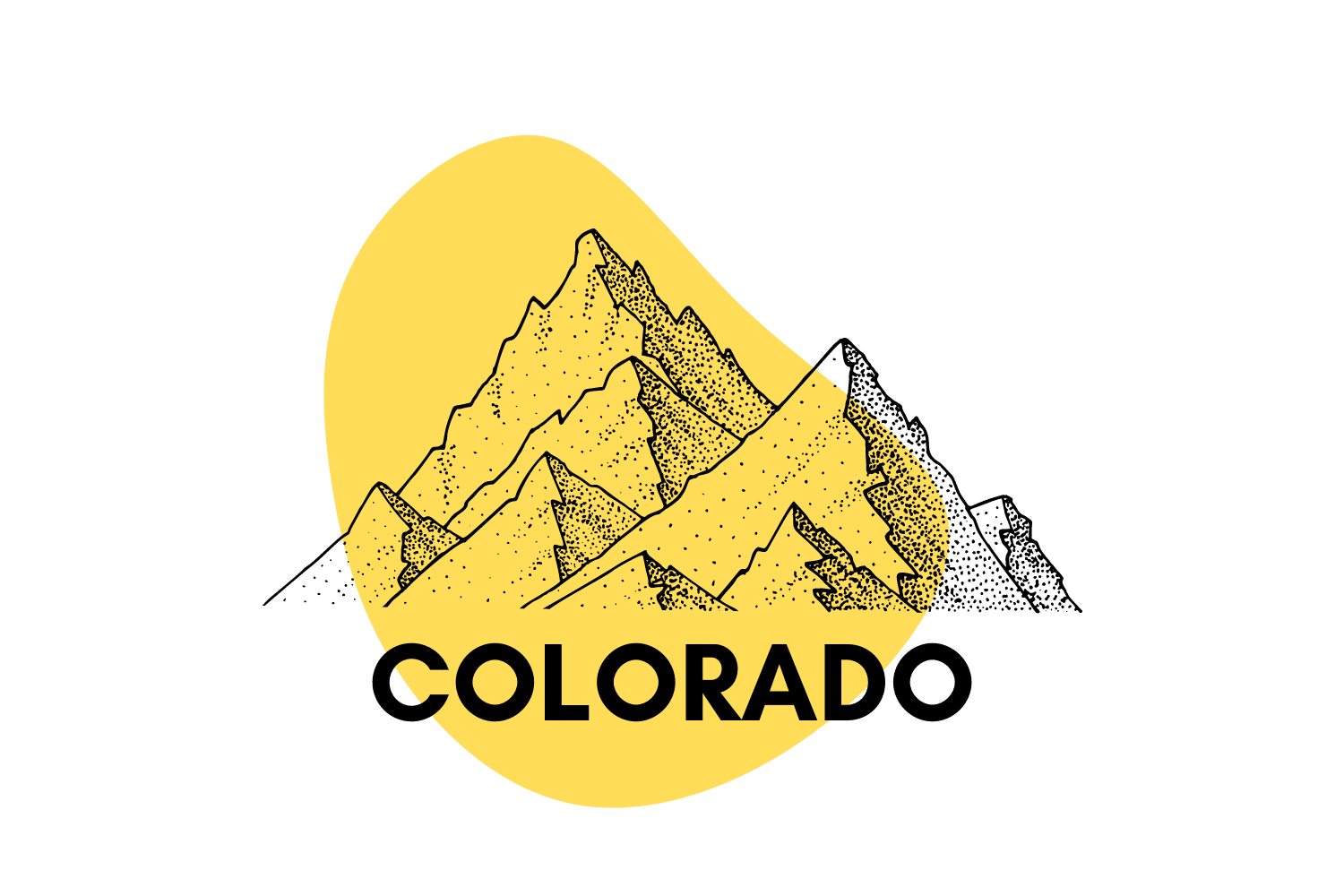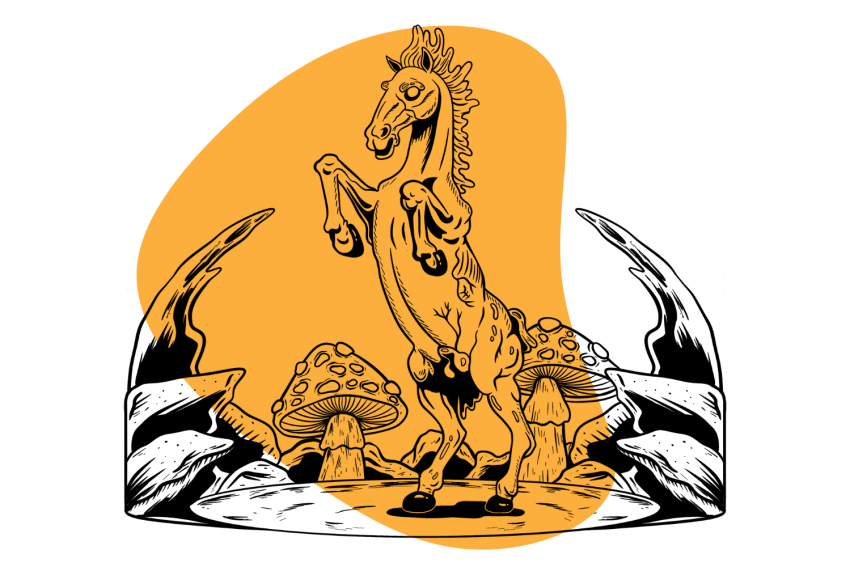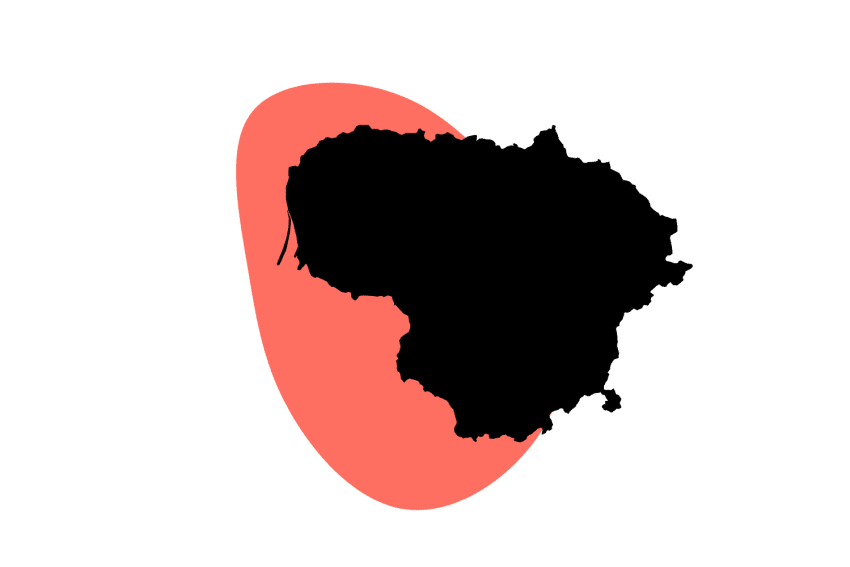The State of Psychedelics in Argentina: Laws, Regulations, & More
Argentina unofficially decriminalized psychedelics in 2009. Feel like testing your luck? 🎲
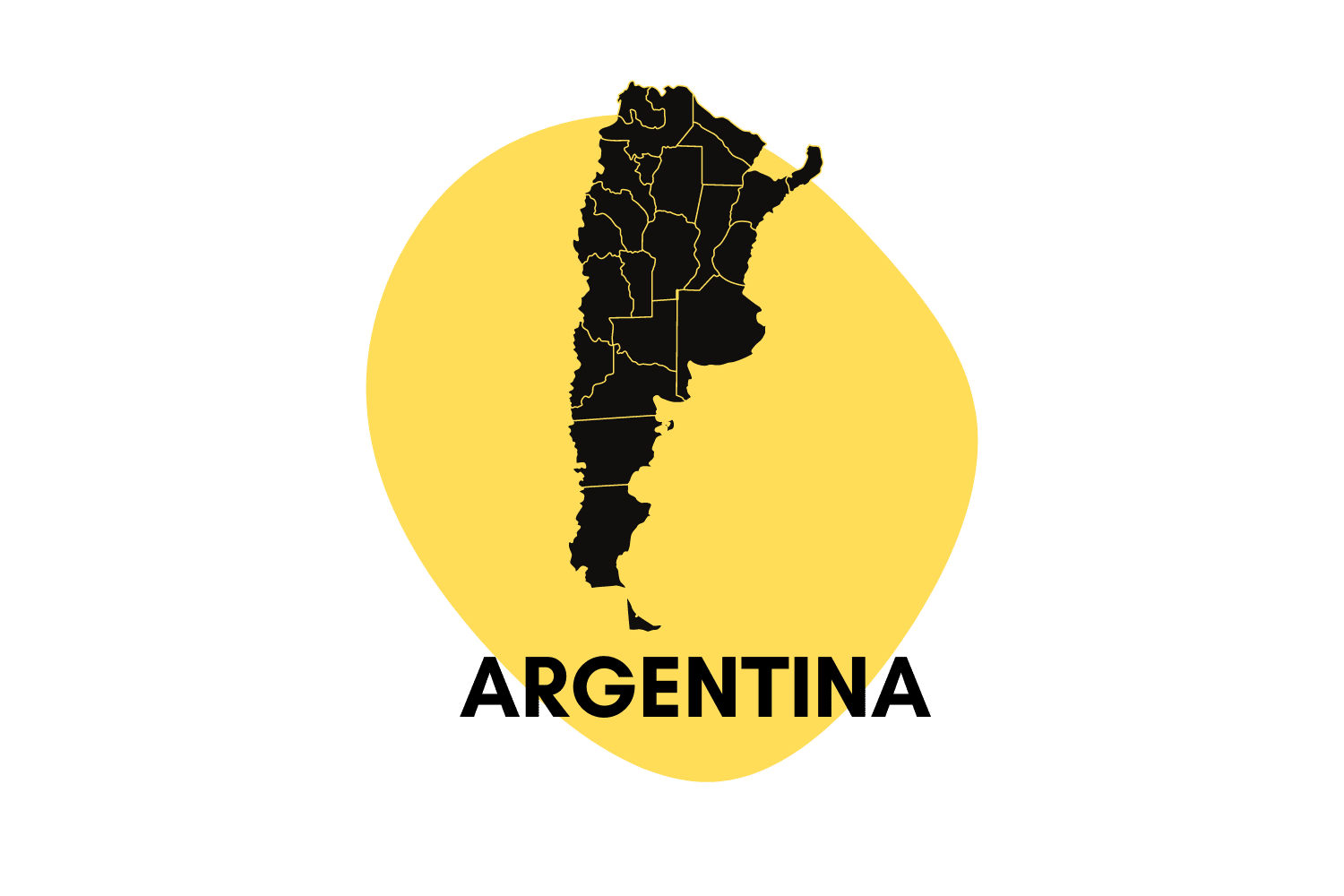
In Argentina, it is illegal to possess psychedelic substances. Almost all of them are prohibited by law, including the most common ones, such as LSD, magic mushrooms, ketamine, and others.
However, the penalties for drug crimes there are not as harsh as in other countries in the region.
In 2009, the Argentine supreme court declared that it was unconstitutional to prosecute citizens for having drugs for their personal use — effectively decriminalizing all drugs within the country.
Summary of Psychedelic Drug Laws in Argentina
- In 2009, Argentina passed legislation that decriminalized drugs for personal use, but previous laws banning such actions remained; this gray area ultimately means the final decisions are left up to the judges.
- Trafficking is heavily targeted; however, laws are vague, and there’s little consistency in who’s prosecuted and who isn’t.
- In an attempt to target and prevent NPS, Argentina passed a new regulation in 2019 adding substances to the list of prohibited chemicals along with seven new categories. The focus is mostly on cocaine and methamphetamine precursors.
Sources:
- International Narcotics Control Strategy Report
- Argentina’s narcotic list: Decree 722 / 1991
- NPS & the narcotics list (2019)
- Argentina legislation
- Possessing Drugs, Possessing Rights: Harm Reduction and Drug Policy Reform in Argentina (2021)
- Narcotics- Decree 560/2019
- BOLETIN OFICIAL REPUBLICA ARGENTINA – CÓDIGO PENAL – Ley 27302
Are Magic Mushrooms Legal in Argentina?
Psychedelic mushrooms are illegal in Argentina.
Originally, psilocybin was not part of the controlled substances in Decree No. 722 of 1991. However, this changed in 2015 when magic mushrooms entered the Schedule I drug category.
From that point on, possessing mushrooms became a crime punishable by three to five years in prison. Of course, depending on other aggravating factors, such as intent to sell, the penalties can extend much further.
On the other hand, psilocybin mushroom spores are legal in Argentina. This is because they don’t contain psilocybin at all.
Do Magic Mushrooms Grow Wild in Argentina?
There are several species of magic mushrooms native to Argentina. However, there is one that is the most predominant: Psilocybe cubensis.
This species grows throughout most of Argentina. However, your best bet to find them is to head north. Most observations of this mushroom species occur in the province of Salta, the upper limit of the Argentine territory bordering Bolivia and Paraguay.
What Are the Medicinal Uses of Magic Mushrooms?
Magic mushrooms provide a broad spectrum of therapeutic benefits. However, this is not an assumption: more and more scientific studies are published each year.
Non-profit organizations such as MAPS and John Hopkins University, as well as public companies such as Compass Pathways, are leading the way in research.
Evidence-based benefits of magic mushrooms include:
- May offer treatment for depression
- Alleviates existential anxiety
- May offer treatment for cluster headaches
- May offer support for PTSD
In several places, including Canada and the United States, psilocybin-assisted psychotherapy is already being applied in humans with excellent results.
Is LSD Legal in Argentina?
LSD (lysergic acid diethylamide) is illegal in Argentina. This compound is considered a Schedule I substance, which means the law doesn’t consider it to have any medicinal value. The penalties for possession reach up to 15 years.
That said, most psychedelic substances are decriminalized in Argentina: it’s not common to spend time in prison for simple possession of LSD.
That said, trafficking or selling LSD or other psychedelics is a whole different story and comes with substantially greater penalties.
In addition, any compounds derived from or related to Schedule I substances, such as LSD, are also banned. Therefore, other similar lysergamide analogs are strictly prohibited.

Is MDMA Legal in Argentina?
Since 1985, MDMA (ecstasy) has been listed as a Schedule I substance under the Controlled Substances Act in Argentina. The penalties for this substance’s production or distribution goes from 5 to 20 years of imprisonment.
MDMA is a synthetic drug created in the twentieth decade by Germany as an appetite suppressant, but many users today consume it for its stimulant and hallucinogenic effects.
Is Ketamine Legal in Argentina?
According to the 2010 Amendment to the original drug decree, ketamine is a Schedule I substance in Argentina, and selling it can lead to 15 years in jail.
Ketamine is an anesthetic that was first synthesized in 1962. In 1970 it was introduced in hospital clinics, and it was widely used in the Vietnam War shortly after.
Currently, ketamine continues to have several medical applications, mainly in surgery and vet clinics. In some countries (not Argentina), ketamine treats depression and PTSD.
Is DMT Legal in Argentina?
DMT (N,N-Dimethyltryptamine) is illegal in Argentina.
This potent psychedelic of the tryptamine family is prohibited under the penal code, leading to penalties of up to 10 years in prison.
That said, studies with DMT are already underway at the University of Buenos Aires, giving hope for future legalization.
Related: List of Plants that Contain DMT.
Legal Psychoactive Substances in Argentina
As we already mentioned, all of the most widely used psychoactive substances are illegal but decriminalized in Argentina.
However, other drugs are also psychoactive and, strangely, do not fall under the same regulations.
List of legal psychoactive substances in Argentina:
What’s the Difference Between Legalization & Decriminalization?
Legalization and decriminalization may sound similar, but they’re two different terms.
Legalization means that an activity previously not allowed or prohibited is no longer restricted.
On the other hand, decriminalization only reduces penalties significantly but doesn’t provide a legal, regulated context for commercialization.
In Argentina, psychedelic drugs have not been legalized; they’ve been decriminalized. This means they’re still illegal, but citizens aren’t going to receive a jail sentence for simple possession.

Key Takeaways: What’s the Future of Psychedelics in Argentina?
Argentina’s laws may seem harsh, but the reality is different. Personal use of substances is rarely punished by law. That said, they are still illegal. If caught, you’re at the whim of a judge who will decide whether you’re penalized or not.
Legalizing psychedelic substances would be a much more impartial and fairer picture for Argentinian citizens.

